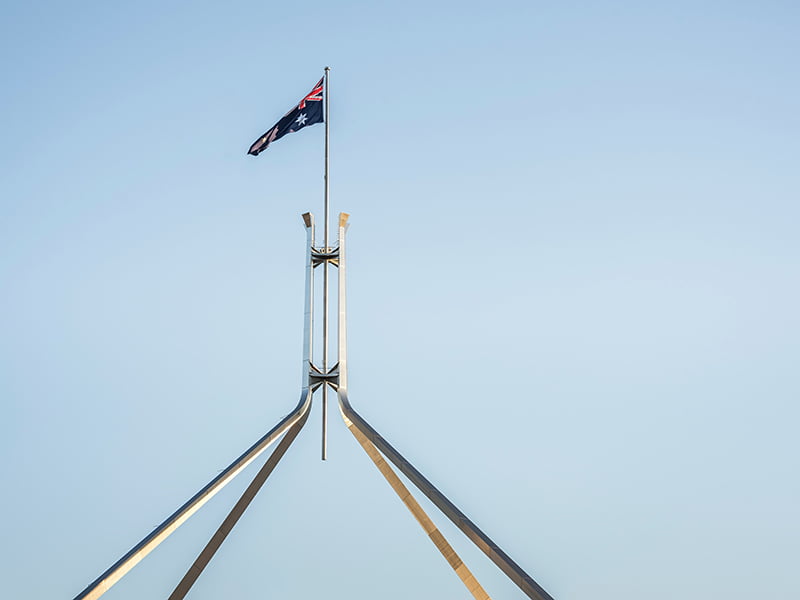Digital identity remains a live consideration for Australia’s proposed mandatory age verification regime for online pornography and other adult content, as the Albanese government mulls the release of the roadmap that charts the way forward.
Communications minister Michelle Rowland on Tuesday confirmed that the Albanese government is mulling “digital identifiers” as a potential solution to age verification after receiving the roadmap from eSafety Commissioner Julie Inman Grant last month.
The roadmap, which the government intends to release in the “near future”, was the result of almost two years of work by the Office of the eSafety Commissioner. It was requested by the former government in June 2020 as part of its response to a parliamentary inquiry.

After extensive consultation with industry, academia and the wider public, Ms Inman Grant said last month that any future age verification scheme would need to “strike the right balance between safety, security and privacy”.
Among the options explored during the development of the roadmap were digital identity apps that allow individuals to store personal information on their device, physical age tokens, database or credit card checks, and facial recognition.
Minister Rowland on Tuesday highlighted “digital identifiers” as one area of active consideration, but said government is continuing to assess “what was a really significant piece of work by eSafety over a number of years”.
“There are work streams that are on foot already, but we are considering this as a whole within government because, of course, we’ve got other portfolios. We’re looking at digital identifiers, so really drawing all this together,” she said announcing a quadrupling of eSafety funding on Tuesday.
“We will do this expeditiously, but we do want to do it with [privacy, security and safety] in mind: looking at all the work that’s being done across government, the work and the powers of eSafety right now, and also international developments.”
Minister Rowland said the government was discussing, both internally and with the eSafety Commissioner, the “international approaches that are happening”, including efforts underway in France to extend age verification measures introduced in 2020 beyond online pornography.
“I think it’s fair to say if this was an easy task to implement, the world would be doing it by now as well, and we need to really craft this with a careful balance of, for example, another area of government work, such as the privacy regime, and the data of children,” she added.
As part of its response to the inquiry that led to the development of the age verification roadmap, the former government also gave in principle support to a recommendation that the government’s digital identity scheme be used to verify the ages of people accessing pornography.
Ms Inman Grant said her office has taken a “human rights-based approach” to the issue of age verification that seeks to prevent children’s access to online pornography, which they’re not “cognitively and developmentally ready for”, while also ensuring others can explore their sexual identity.
“We’re not looking at a blunt force-type approach, and that wouldn’t be something the minister would support anyway. We’re also looking at a holistic approach… making sure that we’re balancing the three legs of the stool: privacy, security and safety,” she said.
“We’ve undertaken technology assessments of things that are out there to make sure that, there are other issues around age estimation and all forms of age assurance around bias and picking up skin tones and other ethnicities.
Minister Rowland on Tuesday also revealed that Twitter had failed to respond to a letter warning the company that its approach to trust and safety in Australia was “lacking” after local staff were let go in January.
“I wrote to Twitter earlier in the year, and outlined those concern about whether they were able to maintain their obligations under Australian law with they staff being pulled out. I’m yet to receive a response to that,” she said.
“But I can assure you that the government is very closely engaged with the eSafety Commissioner, and as the office undertakes its powers… We do not rule out the potential for further regulation within this area, or at least enforcement of the existing regime in the event that they are failing to live up to the expectations of industry.”
Do you know more? Contact James Riley via Email.

